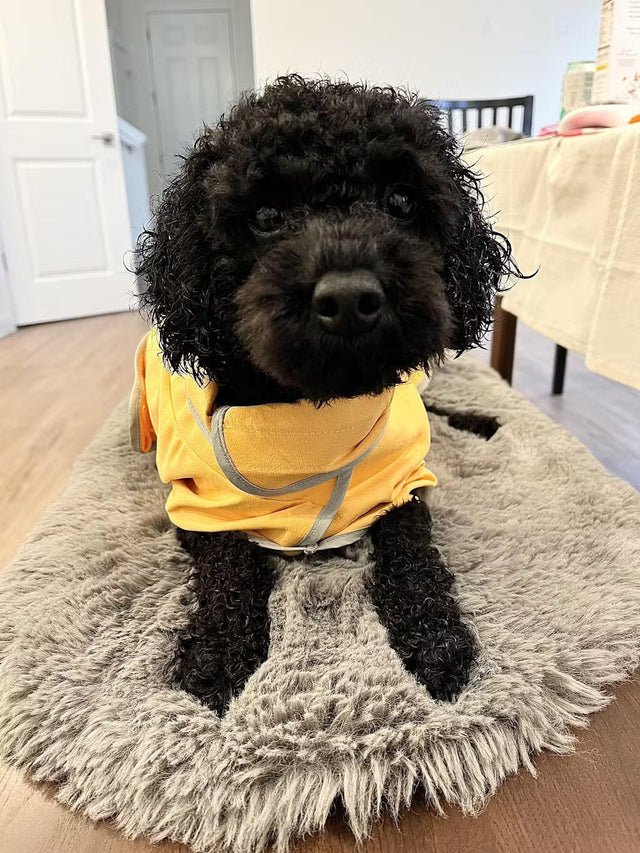The SHB50321 – Diploma of Cosmetic Tattooing is a nationally recognized qualification in Australia designed for individuals pursuing a career in the cosmetic tattooing industry. The diploma equips students with the advanced skills and knowledge required to perform cosmetic tattooing procedures, such as eyebrow tattooing, eyeliner tattooing, lip tattooing, and scalp micropigmentation. This qualification prepares individuals to operate as professional cosmetic tattooists in both independent and salon environments.
One of the key elements of this qualification is the Assessment Kit that accompanies the course. This kit is a vital resource that helps students demonstrate their competencies and progress through the program. The Assessment Kit provides structured guidance, ensuring that learners meet the specific criteria needed to be certified as competent in their cosmetic tattooing skills.
In this article, we will delve into the structure of the SHB50321 Diploma of Cosmetic Tattooing, the importance of the assessment kit, the assessment components, and how this certification can shape a successful career in the cosmetic tattooing industry.
Overview of the SHB50321 – Diploma of Cosmetic Tattooing
The SHB50321 qualification is part of the SHB Training Package, which covers skills and knowledge for workers in the beauty, hair, and make-up sectors. Specifically, the Diploma of Cosmetic Tattooing is designed for those who wish to learn the techniques and artistry involved in semi-permanent makeup and cosmetic tattooing procedures.
This qualification offers students:
-
Advanced Practical Skills: The ability to apply cosmetic tattooing procedures to various areas such as eyebrows, eyeliner, and lips.
-
Knowledge of Color Theory and Skin Anatomy: Students gain a deeper understanding of how different pigments interact with the skin and the techniques that best suit different skin types.
-
Health and Safety Standards: Essential information on infection control, sterilization, and maintaining hygiene standards in a clinical environment.
-
Business Skills: For students who wish to run their own cosmetic tattooing business, the course also includes modules on customer service, salon management, marketing, and legal considerations.
The Importance of the Assessment Kit
An Assessment Kit is a comprehensive package of learning materials designed to evaluate the skills and knowledge a student acquires during their training. For the SHB50321 Diploma of Cosmetic Tattooing, the Assessment Kit serves several purposes:
-
Skill Verification: It acts as a formal tool for the educator to assess whether students have acquired the necessary practical and theoretical skills.
-
Structured Learning Path: The kit ensures that learners progress through the qualification in a systematic manner, with each unit of competency being assessed before moving on to the next.
-
Preparation for Professional Practice: It mimics real-life conditions where professionals are required to demonstrate their skills in a regulated and precise manner.
-
Evidence of Competency: By completing the assessment kit, students accumulate evidence of their capabilities, which is critical when applying for employment or certification as a licensed cosmetic tattooist.
The assessment kit typically includes written assessments, practical assessments, and real-world scenarios in which students must apply their knowledge and skills. These elements help ensure that graduates are competent and confident in performing cosmetic tattooing procedures.
Components of the Assessment Kit
The SHB50321 – Diploma of Cosmetic Tattooing assessment kit contains a variety of tools to evaluate both theoretical knowledge and practical skills. These components include:
1. Written Assessments
Written assessments test the theoretical understanding of cosmetic tattooing techniques, principles of color theory, infection control, client consultation, and health and safety practices. These assessments often include:
-
Multiple Choice Questions (MCQs): To evaluate knowledge of basic cosmetic tattooing principles.
-
Short Answer Questions: To assess the depth of understanding in topics like skin anatomy, pigment selection, and infection control procedures.
-
Case Studies: Students may be required to respond to case studies, simulating real-life scenarios where they must solve problems and make decisions based on their knowledge of the industry.
2. Practical Assessments
Practical assessments are designed to test the hands-on skills of students in performing cosmetic tattooing procedures. These assessments are often conducted in a controlled environment, such as a simulated salon or clinic. Some common practical assessments may include:
-
Eyebrow Tattooing: Demonstrating the technique for creating natural, symmetrical eyebrows using both manual and machine methods.
-
Eyeliner Tattooing: Applying a defined eyeliner tattoo to a model, ensuring precision and safe practice.
-
Lip Tattooing: Executing a lip tint or lip blush technique, including color mixing and creating smooth, even results.
-
Skin Preparation and Client Safety: The student must demonstrate proper skin preparation techniques, including sterilization of tools and setting up a hygienic workspace.
-
Pigment Application: Students must show their ability to choose and mix pigments correctly for different skin tones and preferences.
3. Observation and Demonstration
An important aspect of the assessment is live observation by a trainer or assessor. During this phase, students will be required to perform procedures on a model while being observed. The trainer will evaluate technique, safety practices, client interaction, and professionalism.
4. Portfolio of Evidence
In addition to written and practical assessments, students are often required to compile a portfolio of evidence that showcases their work. This could include:
-
Before-and-After Photos of their completed cosmetic tattooing procedures.
-
Client Consultations that demonstrate how they manage the client relationship, including determining their needs, explaining aftercare, and addressing concerns.
-
Documentation of Work that includes client consent forms, aftercare instructions, and other relevant paperwork.
How the Assessment Kit Supports Career Progression
The SHB50321 Diploma of Cosmetic Tattooing assessment kit is an essential part of the learning process, but it also plays a significant role in career advancement. Graduates of the program, having demonstrated competency through the assessment process, are well-positioned to:
-
Open Their Own Business: Equipped with both practical and business skills, students can confidently start their own cosmetic tattooing practice.
-
Gain Employment: Many graduates go on to work for established beauty salons, cosmetic clinics, or aesthetic studios. Having a nationally recognized qualification makes them highly employable.
-
Meet Industry Standards: The assessment kit ensures that all graduates meet the industry’s health and safety standards, which is critical for maintaining public trust and regulatory compliance.














Leave a Reply